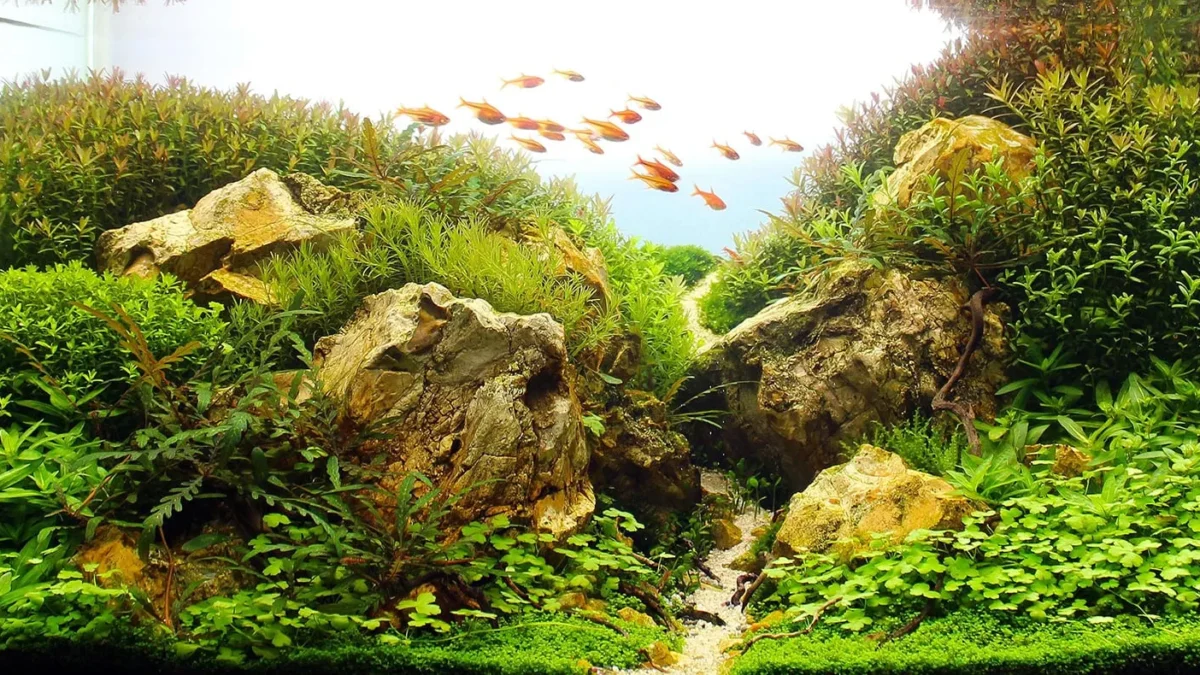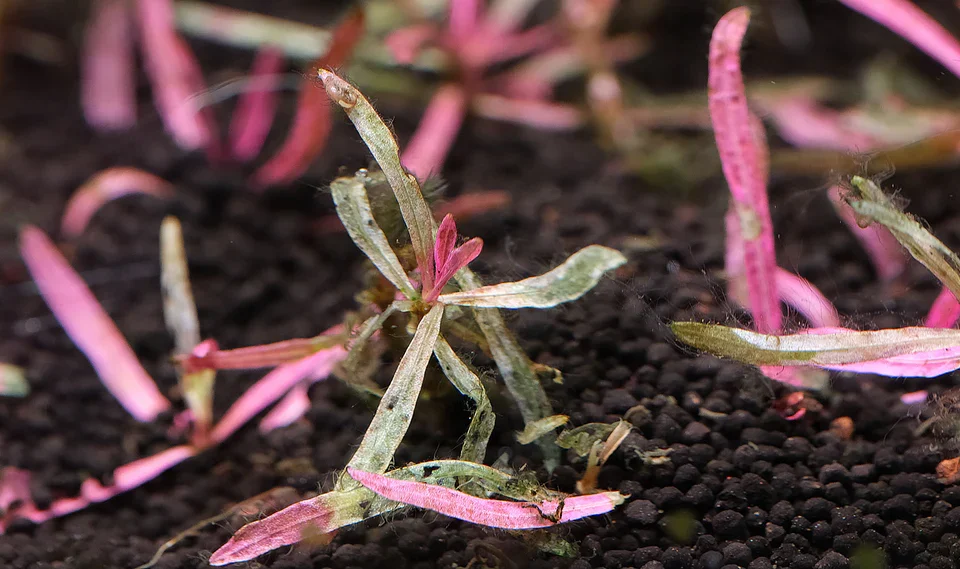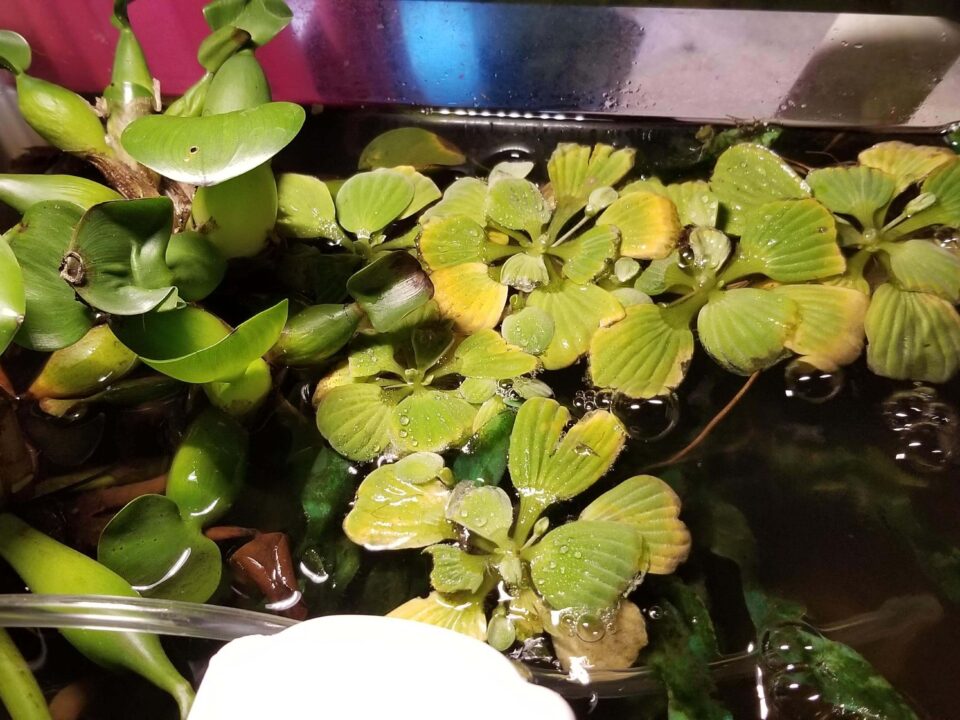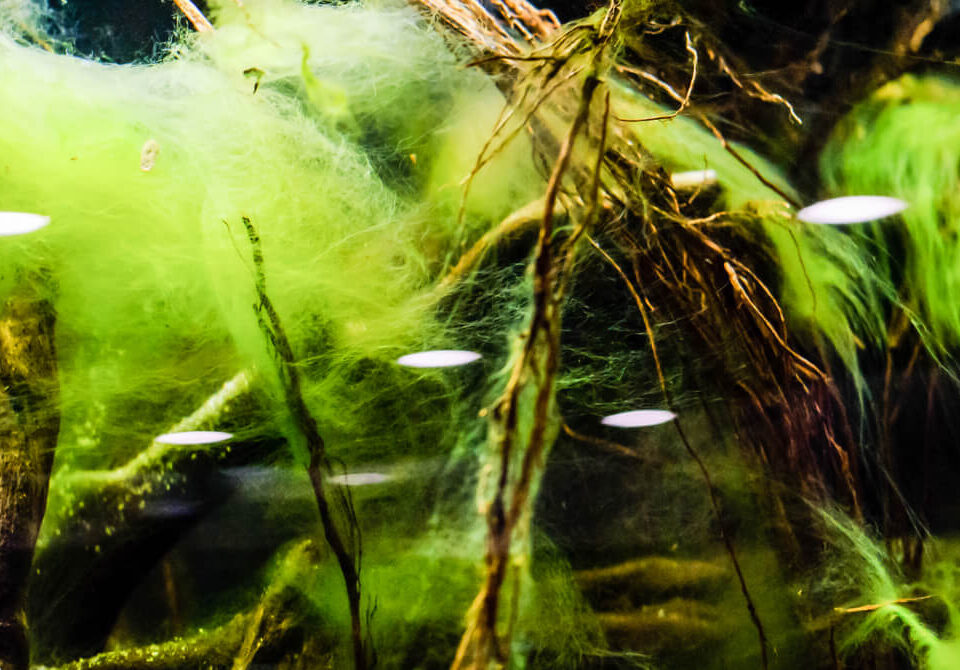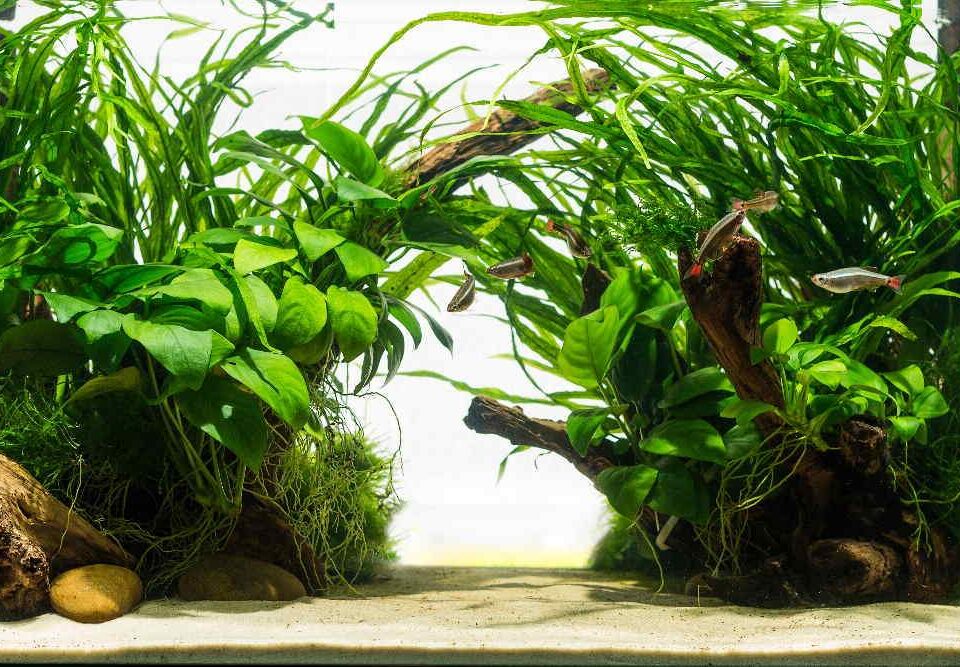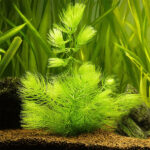
Hornwort: The Ultimate Aquarium Plant for a Healthy, Low-Maintenance Tank
February 14, 2025Introduction
A common debate in the aquarium hobby is whether an indoor aquarium can truly be considered "natural." Many aquarists argue that replicating nature inside a glass tank is an artificial endeavor, while others believe that an aquarium is simply a different type of natural ecosystem. So, is an indoor aquarium unnatural? Let’s explore this question from a scientific and philosophical perspective.
The Misconception: Indoor vs. Outdoor Nature
Some believe that only outdoor environments—rivers, lakes, and oceans—are truly natural, while indoor setups are artificial. However, this assumption is flawed. Everything on Earth, whether inside a house or in the wilderness, follows the same natural laws. The only difference is the environment itself.
Consider caves, for example. They are enclosed spaces shielded from sunlight and rain, yet they host thriving ecosystems with unique flora and fauna. Similarly, an aquarium is simply an enclosed environment with its own characteristics, just like a pond, a stream, or a coral reef.
The Role of Human Intervention in Aquariums
While nature operates independently in large-scale ecosystems, an aquarium requires human management. However, this does not make it unnatural—it simply means that, due to the smaller scale and limited biodiversity, intervention is needed to maintain balance.
- Water Quality Management: In a natural river, flowing water removes waste, whereas in an aquarium, we replicate this with filters and water changes.
- Nutrient Cycling: The nitrogen cycle occurs in nature just as it does in an aquarium. Beneficial bacteria break down waste, whether in a tank or a river.
- Biodiversity Control: In nature, predator-prey relationships regulate populations. In an aquarium, we manage this by selecting compatible fish and maintaining proper stocking levels.
This means that while an aquarium requires human input, it still follows the same biological and chemical principles as any other ecosystem.
Can an Aquarium Be a Self-Sustaining Ecosystem?
Many hobbyists strive for self-sustaining, low-maintenance aquariums that mimic nature as closely as possible. This approach, often called the "natural aquarium method," involves:
- Using live plants to absorb waste and provide oxygen
- Encouraging beneficial bacteria growth to handle organic waste
- Minimizing artificial chemicals and relying on natural water treatments
- Establishing a balanced food web where algae, microorganisms, and detritivores contribute to stability
However, no ecosystem—whether in a rainforest or an aquarium—is truly independent. Even natural environments experience disruptions, such as droughts, temperature shifts, and pollution, which require external forces to restore balance.
The Reality: Every Environment is Unique
Just as no two lakes or forests are identical, no two aquariums are the same. Each aquarium, like any natural ecosystem, has its own unique balance, challenges, and environmental conditions.
What matters is not whether an aquarium is indoors or outdoors, but how well it functions as an ecosystem. The key is to work with nature rather than against it, allowing natural processes to occur while providing the necessary support to maintain stability.
Conclusion: Embracing Nature in Any Setting
An aquarium is not an unnatural environment—it is simply a different type of natural space. Whether in a glass box or a flowing river, life operates under the same universal scientific laws. The goal of any responsible aquarist should be to replicate and respect nature as much as possible, ensuring the well-being of the fish, plants, and microorganisms within the system.
At FH Aquatics, we promote natural, sustainable aquarium care with high-quality products designed to support balanced ecosystems. Whether you're setting up a planted tank, breeding fish, or maintaining a community aquarium, our range of supplements, treatments, and natural solutions can help you create a thriving aquatic world in your home.
Shop now and bring nature indoors—naturally!

